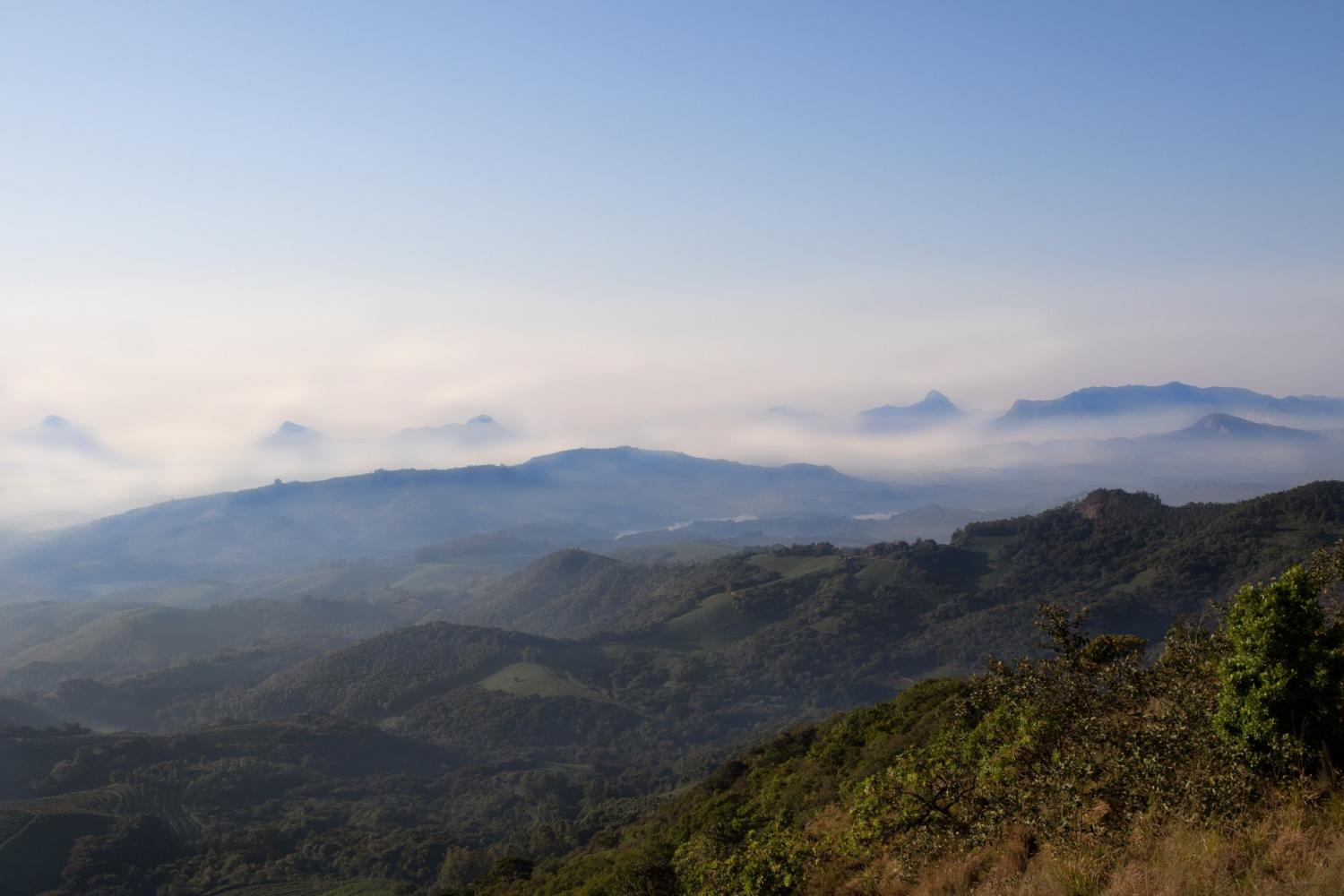
Celia’s Ghosts: On Biotic Loss and Recovery in the Pyrenees
Adam Searle
The bucardo (Capra pyrenaica pyrenaica), an endemic subspecies of Iberian ibex from the Pyrenees, was declared extinct in January 2000. The last individual, known internationally as Celia, was crushed to death by a falling fir tree in the Parque Nacional de Ordesa y Monte Perdido, Aragón, Spain. Months before her death, however, a team of geneticists performed a skin biopsy and cryopreserved her cells. In 2003, the ibex rose to worldwide fame as scientists in Zaragoza cloned Celia’s cells, and an extinct animal was born to a surrogate mother. The clone died minutes later—but, for the first and only time in history, extinction was not forever. In this presentation, I discuss empirical material from my doctoral thesis, building upon an extensive period of fieldwork in Spain and France. The bucardo’s story was further complicated in 2014 when ecologists in the Parc National des Pyrénées released another subspecies of Iberian ibex (Capra pyrenaica victoriae) translocated from central Spain. These ibex are not bucardo, yet they occupy its ecological niche, and resemble the extinct animal in a number of ways. I explore what concern about the bucardo can teach about the changing meanings of extinction and restoration in the Anthropocene. The case raises a range of questions concerning the political ecologies of extinction and de-extinction, who gets to speak for Celia’s ghosts, and on whose terms.
Tuesday 16th February, 1pm. Please contact Rogelio Luque-Lora (rl469) for Zoom details.
